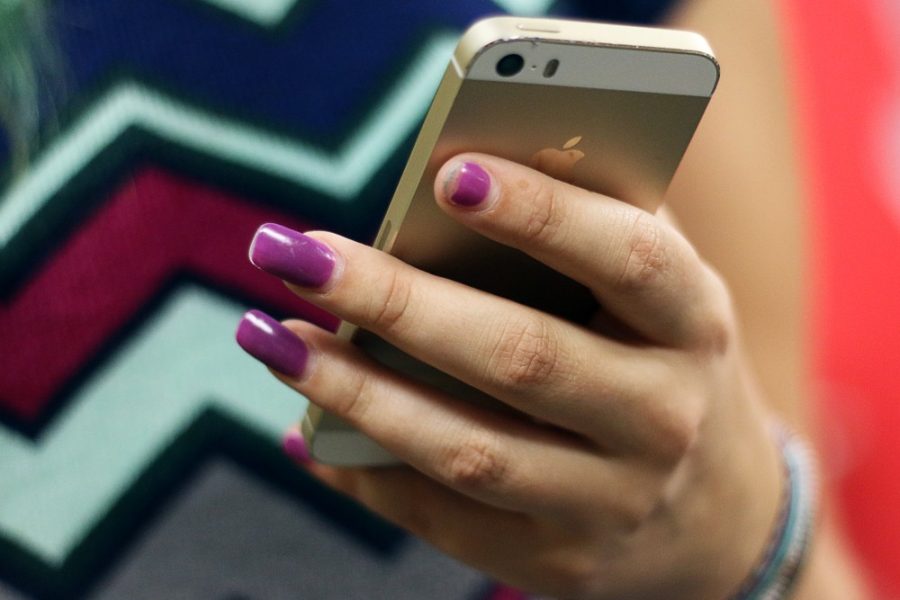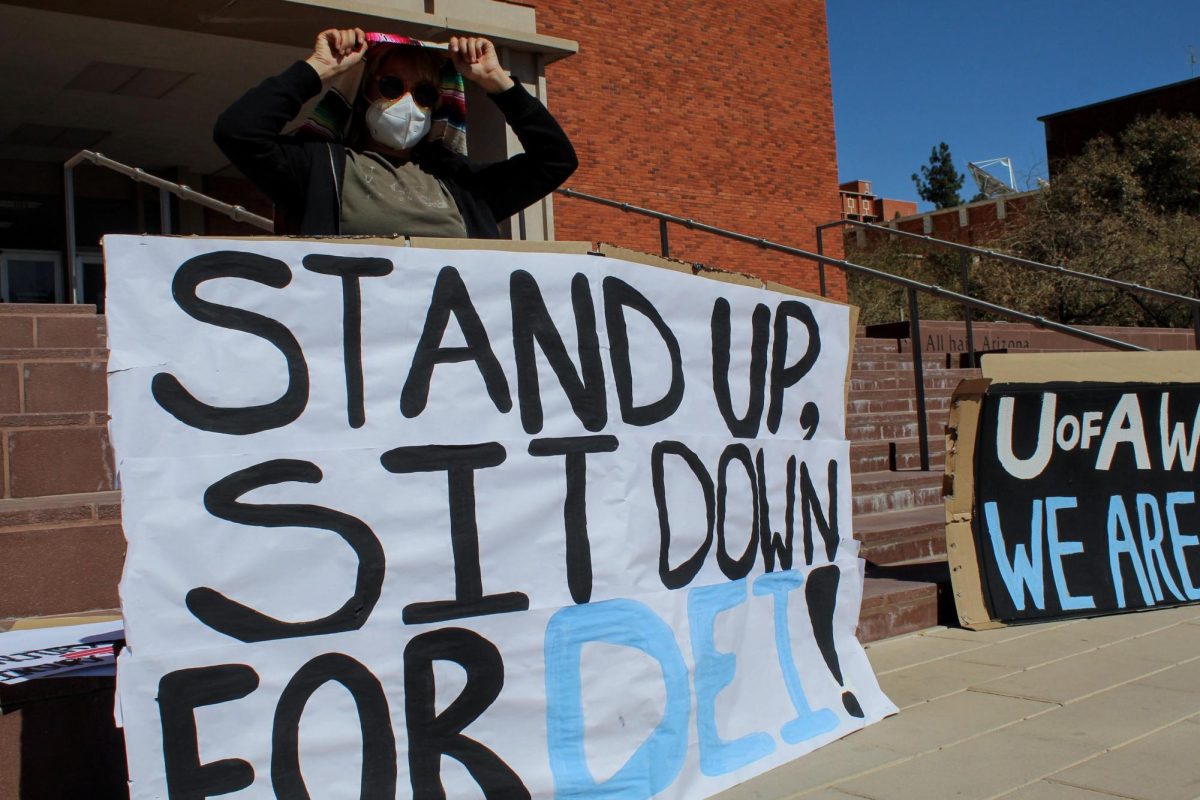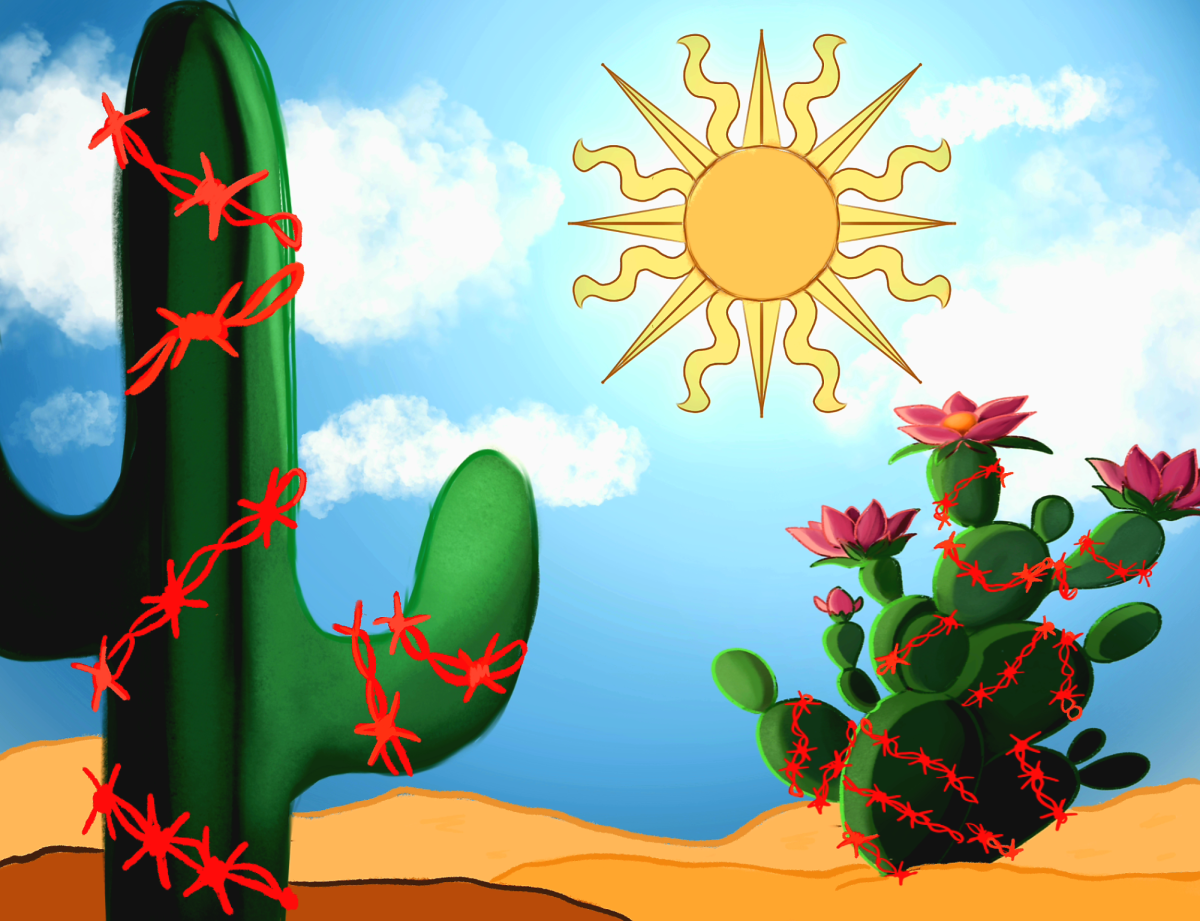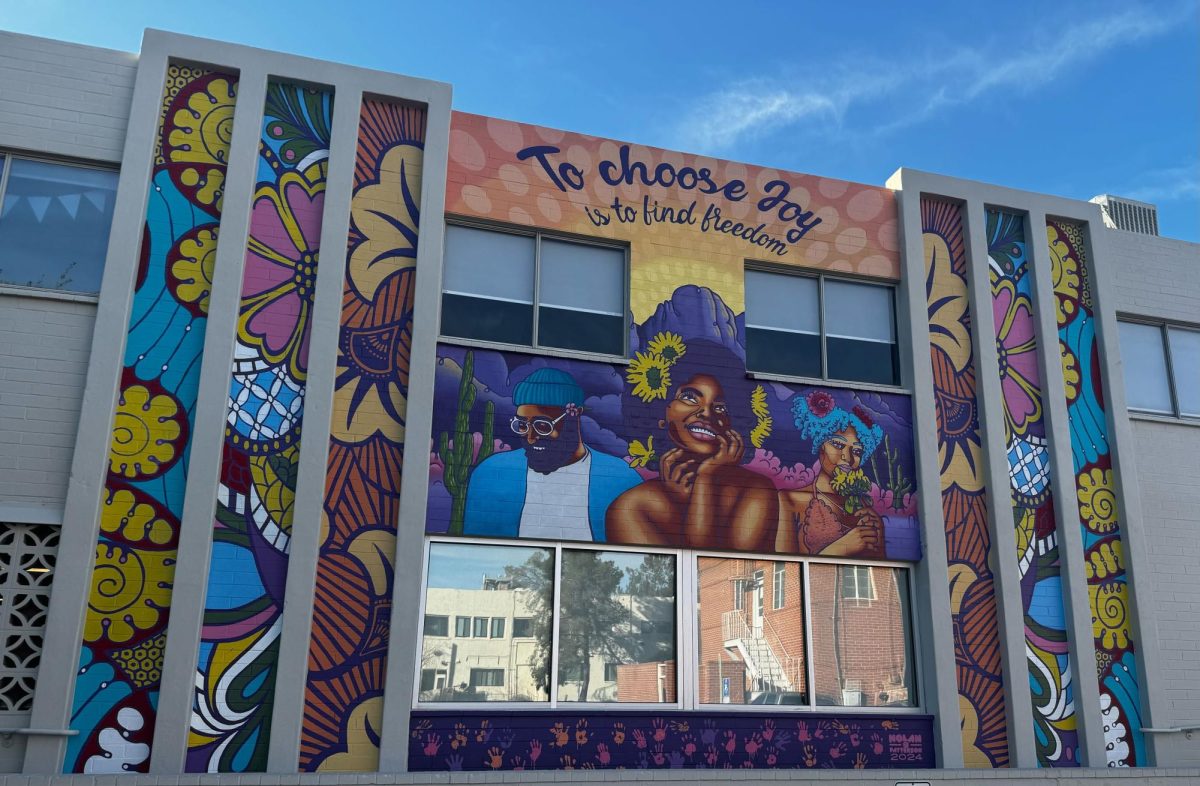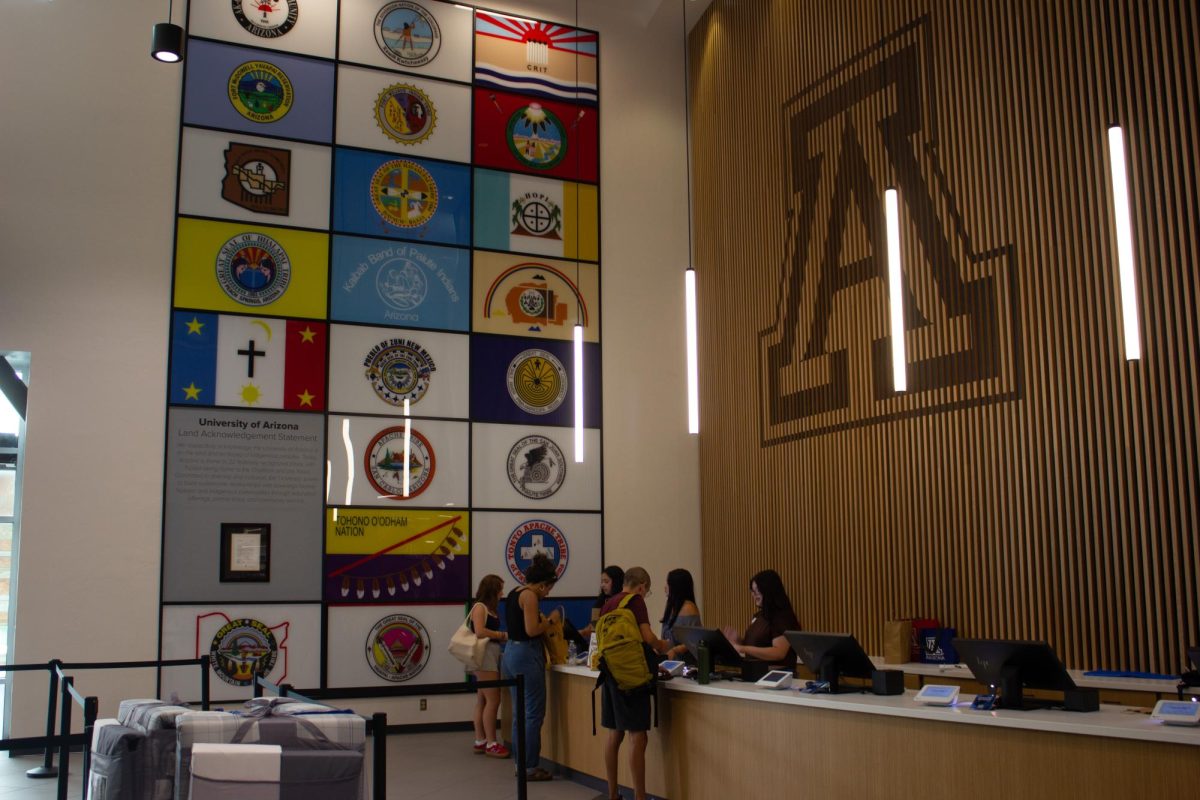Social media is expected to have more influence than ever before in this year’s presidential election and especially among millennials, according to multiple experts at the UA.
Bin Zhang is an assistant professor in management information systems and social media is one of his major research interests.
“I believe this may be the first election that social media possibly determines the result,” Zhang said.
As of July 2015, there were about seven billion people in the world, and roughly 40 percent of them were on the internet, according to Zhang. He said that about 80 percent of those people on the internet are social media users.
Zhang said that 67 percent of the world’s leaders have Twitter accounts and 139 of them are actually active users. This allows for increased interaction between authoritative figures and the public.
“But in general, I think those world leaders—everything about them is political,” Zhang said. “So you can observe them online, which is very different from the older days, in which nobody really knows what those world leaders think and do.”
RELATED: Pepe in politics: How to be a bigot according to Hillary
The most active world leader on Twitter is President Obama, Zhang said.
“Compared with traditional media where all the content is created by those news channels or TV stations, the core concept of social media is user-generated content,” Zhang said. “In my opinion, social media definitely will create close or more active participation for people, especially young people, in getting involved in politics.”
Lindsey Ashinhurst, a freshman economics student, said that she follows politics and the election through social media because she hardly ever actively searches for political news elsewhere.
Zhang said he believes social media is now in its most popular era. He said that, while Twitter was present during the last presidential election, it was nowhere near as prevalent in politics as it is today.
“Since many millennials are multi-platform users … the chance that you get exposed to that political news and political opinions is very good,” Zhang said, “which means you do not need traditional media to show your political opinion.”
Elise Jackson, a senior animal sciences student, said that she has been following the election mainly through social media and what people post about it because she doesn’t own a television.
Matías Bianchi is a political scientist with a Ph.D. from the Institute d´Études Politiques de Paris who now works in UA International Security Studies.
Bianchi said he believes Twitter is the most important tool for politics because it is “very aggressive.” He said Twitter can become aggressive because it allows candidates to post extremely blunt messages within short tweets.
RELATED: Column: Disinformation in the internet age
“In 140 characters, with all the information that is there … there’s no nuance,” Bianchi said. “And real life is about nuance. Compromise is about nuance. Democracy is about nuance.”
Sudha Ram is a Ph.D. professor of management information systems and is also the director for INSITE: Center for Business Intelligence and Analytics. Her areas of expertise include social media analytics, web analytics and enterprise data management.
Ram said that social media analysts such as herself can find out more about the demographics of people posting by looking at the biographies of users’ accounts. Usually, this can tell them information such as users’ ages, levels of education and how often they are posting on social media.
“There’s this whole area called analytics where you can analyze the data and look at trends over time, and these studies that do that have shown that millennials are actually using it more and more,” Ram said.
Ram said that the prevalence of millennials on social media discussing politics can be tracked on social media platforms such as Twitter, as long as users are posting publicly, which most do.
“I believe that millennials are using social media in many different ways—to communicate, to express opinion—and of course, some of that is about politics as well,” Ram said.
Ram said she believes that Facebook actually attracts more users that encompass all age groups, and because of this, she believes it is still the most popular platform overall. In fact, she said the fastest-growing age group of users on Facebook is the people that are 50 years old or more.
“I think pretty much everybody indulges in conversations around politics, especially because we’re nearing the presidential election,” Ram said.
The prevalence of smart phones and the wide-spread availability of Wi-Fi have made constant social media use increasingly easy to engage in, according to Ram.
“I think millennials want to talk about the issues and they want to learn about the candidates,” Ram said.
Social media gives political candidates a unique medium to connect with their entire audience, according to Ram. She said, that thinking from the perspective of a candidate, they should be providing enough information on social media for the public to know what they actually think and stand for, as opposed to hearsay from other sources.
“People who are elected or hold elected positions should definitely be able to leverage it,” Ram said.
She said that the pervasiveness of social media’s role in politics nowadays was unprecedented but that “it’s come to stay.”
“I really think this is an opportunity for the candidates to expose their thinking process and what they’re actually doing for various issues,” Ram said. “Compared to the last election and the one before that, I think social media has a much larger reach now.”
Follow Jessica on Twitter.



